Symfony 6.2 will be released at the end of November 2022. This is the first article of the series that shows the most important new features introduced by Symfony 6.2.
Contributed by
Nicolas Grekas
and Jérémy Derussé
in #43854,
#46880,
#46906,
and #46907.
Symfony introduced annotations to configure cache, security, templates and Doctrine more than 10 years ago. They were available via an external bundle called SensioFrameworkExtraBundle.
With the introduction of PHP attributes, we turned those annotations into
attributes. However, you still had to install sensio/framework-extra-bundle
package to use them. For example:
use Sensio\Bundle\FrameworkExtraBundle\Configuration\IsGranted;
use Sensio\Bundle\FrameworkExtraBundle\Configuration\ParamConverter;
use Symfony\Component\Routing\Annotation\Route;
#[Route('/comment/{postSlug}/new', methods: ['POST'], name: 'comment_new')]
#[IsGranted('IS_AUTHENTICATED_FULLY')]
#[ParamConverter('post', options: ['mapping' => ['postSlug' => 'slug']])]
public function addComment(Request $request, Post $post): Response
{
// ...
}In Symfony 6.2, we've introduced #[IsGranted], #[Cache], #[Template]
and #[ParamConverter] as native attributes, so you no longer need to
install any external package to use them.
In most applications, you will only need to update the imported namespace, without having to change anything in your code:
-use Sensio\Bundle\FrameworkExtraBundle\Configuration\IsGranted;
+use Symfony\Component\Security\Http\Attribute\IsGranted;
-use Sensio\Bundle\FrameworkExtraBundle\Configuration\Cache;
+use Symfony\Component\HttpKernel\Attribute\Cache;However, if you use #[ParamConverter], you'll need to make some changes to
turn it into the new #[MapEntity] attribute. The new attribute is applied to
properties, instead of to the entire method:
-use Sensio\Bundle\FrameworkExtraBundle\Configuration\ParamConverter;
+use Symfony\Bridge\Doctrine\Attribute\MapEntity;
// ...
-#[ParamConverter('post', options: ['mapping' => ['postSlug' => 'slug']])]
-public function addComment(Request $request, Post $post): Response
+public function addComment(
+ Request $request,
+ #[MapEntity(mapping: ['postSlug' => 'slug'])] Post $post
+): Response
{
// ...
}We believe that PHP attributes are a great way to add metadata configuration to code. However, if you don't like them, you can skip them and keep configuring things in XML/YAML or directly in PHP code.
<hr style="margin-bottom: 5px" />
<div style="font-size: 90%">
<a href="https://symfony.com/sponsor">Sponsor</a> the Symfony project.
</div>Connectez-vous pour ajouter un commentaire
Autres messages de ce groupe
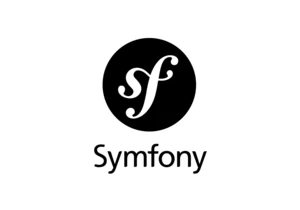
Today we are happy to announce a new Symfony initiative called Symfony AI - with the goal to provide a comprehensive set of components and bundles designed to bring powerful AI capabilities directly i
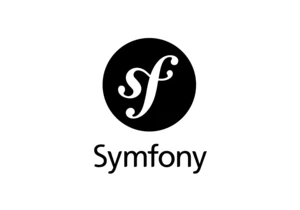
SymfonyCon Amsterdam 2025, our next annual international Symfony conference, will take place on:
November 25 & 26: 2 workshops days with several topics to learn, practice and improve your skills
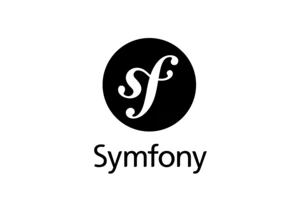
This week, development on the upcoming Symfony 8.0 version continued with the removal of deprecated features and the marking of several classes as final. In addition, we published two new case studies
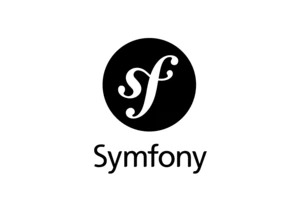
At Wide, Micropole’s digital agency, they help leading brands modernize their digital infrastructures while ensuring scalability, security, and performance. When Audi France approached them to migrate
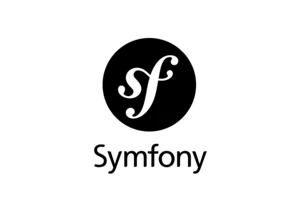
Vente-unique.com, a leading European online retailer of furniture and home decor, operates in 11 countries, powered by a team of 400 professionals and serving more than 3 million customers. From 15 ye
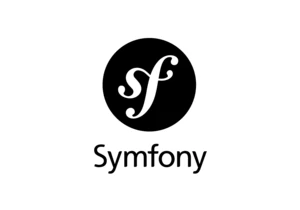
This week, Symfony 6.4.23, 7.2.8 and 7.3.1 maintenance versions were released. Meanwhile, the upcoming Symfony 7.4 version continued adding new features such as better controller helpers, more precisi
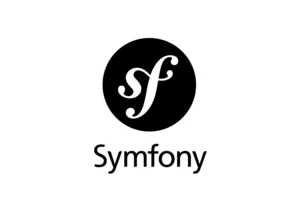
Symfony 6.4.23 has just been released. Read the Symfony upgrade guide to learn more about upgrading Symfony and use the SymfonyInsight upgrade reports to detect the code you will need to change in you
